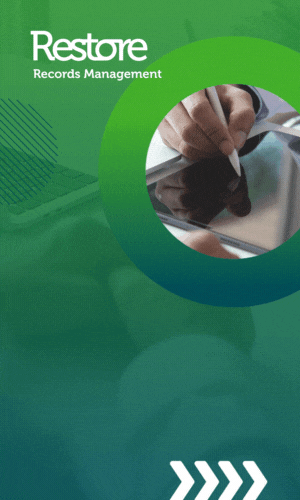NHS England has released guidance to be considered as systems seek to tackle their backlog and meet new demand for suspected two-week wait skin cancer referrals, as part of its COVID-19 recovery plan.
The guidance details how ‘targeted interventions’ are required, with particular focus on harnessing new technology such as teledermatology and digital referral platforms. It highlights options for a skin cancer referral pathway including alternatives to face-to-face appointments with a specialist dermatologist.
A suggested diagnostic pathway is set out in the guidance which sees the traditional two-week wait cancer referral faced with digital options, rather than leading automatically to a face-to-face appointment. Where appropriate, it indicates that patients can be assessed via a teledermatology appointment, wherein high quality images of skin lesions are viewed by consultants remotely, ensuring face-to-face hospital attendance only when necessary.
Alternatively, ‘rapid access spot clinics’ provide an option, where dermatology teams review a large group of suspected skin cancer referrals in a community setting.
Within the guidance it cites a pilot in Lincolnshire which found that 43% of the 73 patients seen during four spot clinics did not require investigation in secondary care, with only seven patients referred to the two-week wait pathway. Previously, all 73 patients would have been referred.
The guidance notes that face-to-face appointments will remain necessary for some patients, facilitating virtual and group options as an alternative to speed-up the process for many.
The need to support healthcare professionals and patients in adapting to the new proposed models of care is recognised and virtual support is provided for this, with video tutorials available to help patients navigate taking and sharing photos of their skin, and assisting staff in using the e-Referral System for dermatology.
The guidance: ‘The two-week wait skin cancer pathway: innovative approaches to support early diagnosis of skin cancer as part of the NHS COVID-19 recovery plan’ can be viewed here.





